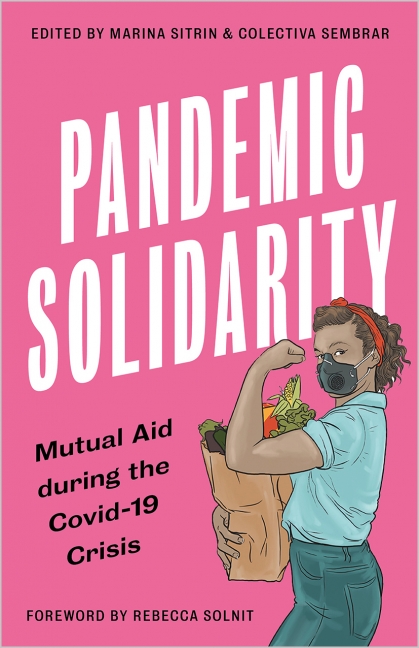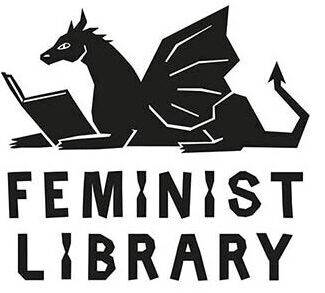Pandemic Solidarity Book Review

‘Pandemic Solidarity: Mutual Aid During the Covid-19 Crisis’ Edited by Marina Sitrin and Colectiva Sembrar
Reading material produced three years ago, at the nascent stage of the Covid-19 pandemic, evokes an incredibly bittersweet sensation: while there is a huge sense of relief that those moments of acute anxiety and distress are no longer at the forefront of society’s consciousness, the fact that societal behaviours haven’t changed as much as many of us had hoped is a detrimental loss.
Edited by Marina Sitrin and Colectiva Sembrar, Pandemic Solidarity is a collection of texts that delivers each and every word with care, attention and urgency. The swing between collective thinking and action, such as the mutual aid described here, and the isolation which made the self the centre of one’s consciousness for many, (which descended into a resistance towards lockdown measures, mask-wearing and vaccinations) is one that will not only be studied for many years, but one that will have come to no surprise to many, given that it is a reflection of behaviours and attitudes seen in other aspects of contemporary living.
Given the time frame of publishing a book, especially on a collective, globally networked scale, Pandemic Solidarity’s release in June 2020 is an impressive feat. In the book’s incredibly powerful introduction, Marina Sitrin talks about both the clock-time and emotional time that went into the “birthing” of the book. Certainly, this is a feminist book; while the urgency of the nascent stages of the pandemic meant that each chapter is more focused on reportage than grounded in theory, it can be certain that this is a book of feminist work in action. With different accounts from around the world, that which binds them together is a fizzing fusion of emotion, pragmatism and grassroots action, which feels more potent and proactive than much of the work being done by writers and thinkers in the Global North. That being said, Sitrin says that the choice of geographical locations for these accounts wasn’t particularly strategic, adding that she assumed mutual aid initiatives were happening everywhere, and to an extent, or at least in the context of this book, she was correct.
In addition to the themes of the aforementioned emotion, pragmatism and grassroots action (not implemented in that order), it is through the words themselves that these ideas come to life and speak to us both collectively and individually. In concluding her introduction, Sitrin says something that needs no clarification, so I would like to leave it lone-standing here: “Some of the translations are intentionally left at what would appear, at first glance, slightly imperfect. However, listen more closely with your whole body and you can then better hear the person and place from which the author is speaking.”
Channeling compassion right down to the way in which we read is truly aspirational, yet, in reading Pandemic Solidarity as a marker of time, the left cannot help but feel a sense of disappointment and shame that such a radical moment of mutual care, and of course more specifically mutual aid, has since fizzled out and been squandered. In what we all believed would be a pivotal opportunity in understanding, hearing and supporting each other, mostly through the varying means of local and online communities, constant lockdowns pushed many people further into themselves, creating a world that is now full of socially and emotionally isolated people. This in itself calls for care structures now, in ways that are urgent, non-hierarchical, and reject the capitalist models we are accustomed to.
Amongst the storytelling power of accounts from across the world, there are brief moments of pure humanity that cut through what could easily be a journalistic style, such as Besitkas in Turkey, who discusses a realisation that “we are quite similar to the people around us, even those we didn’t dare touch.” Layla in Iraq, whose assessment that “for many people, this pandemic is more bearable than many other things that have happened in the past,” reminds us that personal, geopolitical contexts are essential in building long-lasting (post-) pandemic solidarity.
Review written by Issey Scott
